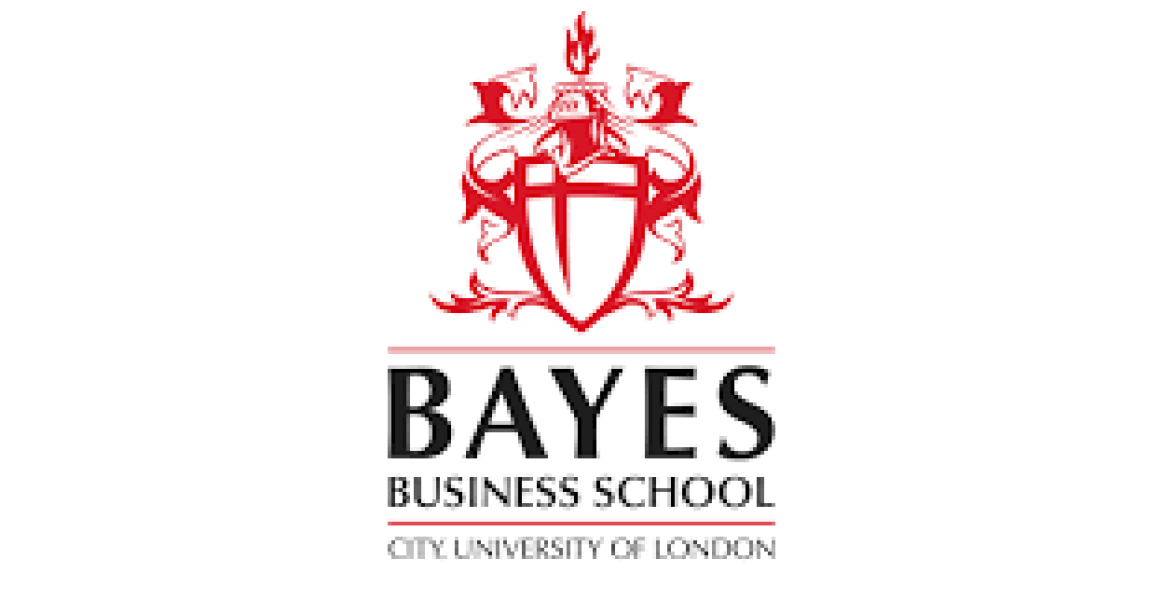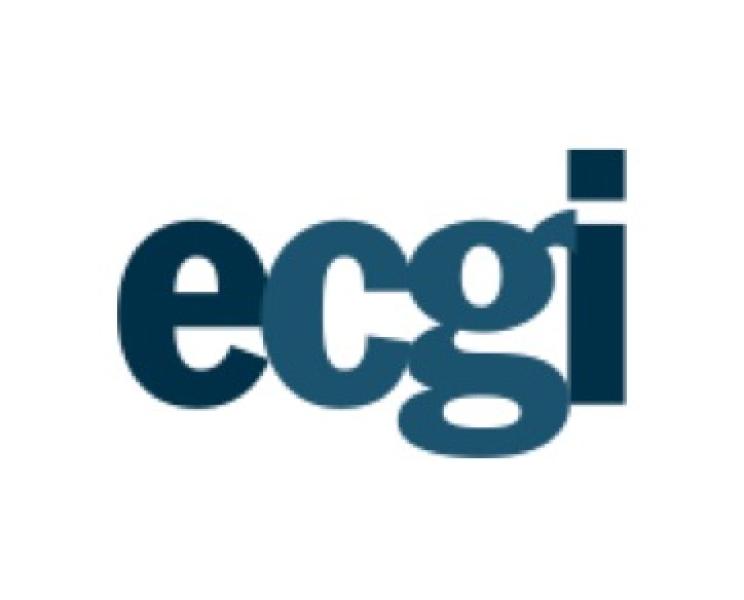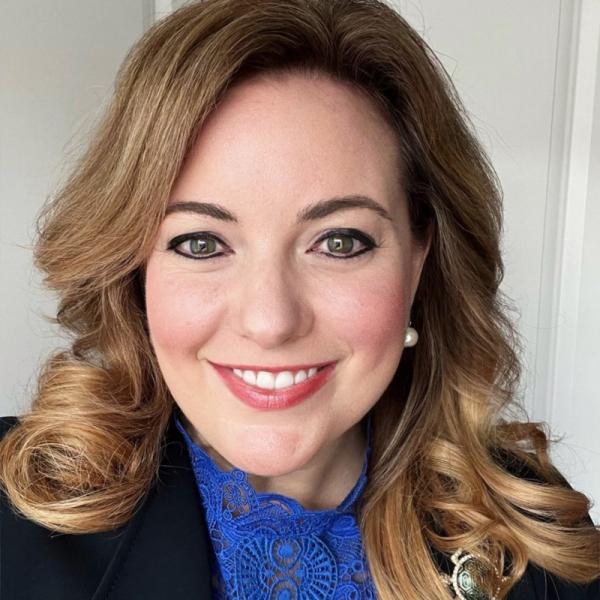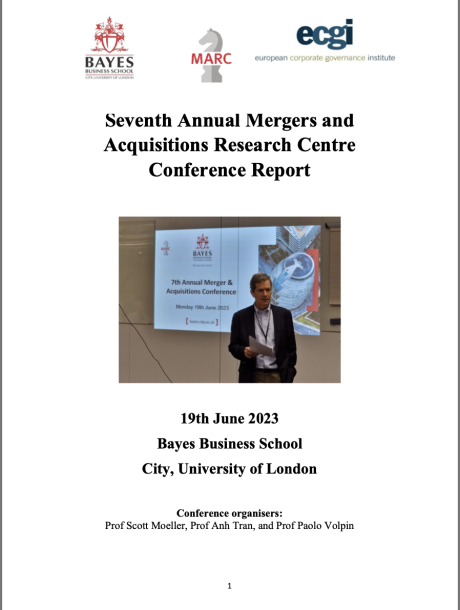
Seventh Annual Mergers and Acquisitions Research Centre Conference
ABOUT THE EVENT
Since 2016, the annual M&A Research Centre conference has brought together cutting-edge research and practice on M&A by leading professors and industry experts around the world. Topics span a broad array of issues related to M&A such as deal structure from financing to integration, activism, regulatory changes, domestic and cross-border transactions and corporate social responsibility among others. The conference was held in cooperation with the European Corporate Governance Institute (ECGI). We are honoured to have many world-leading academic experts in the field of M&A serving in our programme committee.
The MARC conference is among the most selective high-quality conferences in the field. The papers presented at our conference are at the forefront of knowledge and of high academic rigour, as evidenced by a high acceptance rate in the top academic journals in the field. As of January 2023, ten papers presented at the first three conferences (2016 to 2018) have been published in leading journals including Journal of Political Economy, Journal of Finance, Journal of Financial Economics, Review of Financial Studies and Journal of Accounting Research.
Queries should be directed to: BayesMARC@city.ac.uk
Conference location: Bayes Business School, LG002 & LG003, Lower Ground Floor – 106 Bunhill Row, London EC1Y 8TZ
Learn more: Bayes Business School event page
More details
Programme
Registration
Conference opening
Speaker(s)
Session 1 | Chaired by
Speaker(s)
Scope, Scale, and Concentration: The 21st century firm
Speaker(s)
Discussant
Merger Waves and Innovation Cycles: Evidence from Patent Expirations
Speaker(s)
Discussant
Morning Coffee Break
Session 2 | Chaired by
Speaker(s)
Solving Serial Acquirer Puzzles
Speaker(s)
Discussant
The use of escrow contracts in acquisition agreements
Speaker(s)
Discussant
Lunch
Session 3 | Chaired by
Speaker(s)
Brief Introduction to the Keynote Speech
Speaker(s)
The Incentives of SPAC Sponsors
Speaker(s)
Discussant
Afternoon Coffee Break
Session 4 | Chaired by
Speaker(s)
Tax Avoidance through Cross-Border Mergers and Acquisitions
Speaker(s)
Discussant
Closing Remarks
Speaker(s)
Conference Close and Dinner (by invitation for presenters, discussants and session chairs)
Speakers
Merih Sevilir
Frederik Schlingemann
Nickolay Gantchev
Presentations
Organised by




















































